Joe Grushecky: Something Old, Something New
Joe Grushecky, a household name in his Pittsburgh, Pennsylvania hometown, has never achieved the sort of fame enjoyed by such similarly styled artists as Bruce Springsteen, Southside Johnny, and John Mellencamp.
He has lately been getting a fresh shot at wider acclaim, however, thanks to several releases on the Omnivore label. In 2021, that company issued a 25th-anniversary edition of Grushecky’s Springsteen-produced American Babylon LP. Now, the same label has issued the two-disc Houserocker: A Joe Grushecky Anthology, which includes a 20-page booklet with notes about all the songs. A newly recorded album, Can’t Outrun a Memory, will follow on July 12.
The chronologically arranged anthology, which embraces material from 1979 through 2018, packs in 36 tracks and more than two and a half hours of often excellent music. Though many of its older selections offer generic-sounding bar-band rock, Grushecky’s singing and songwriting improved over time, as did his backup crew.
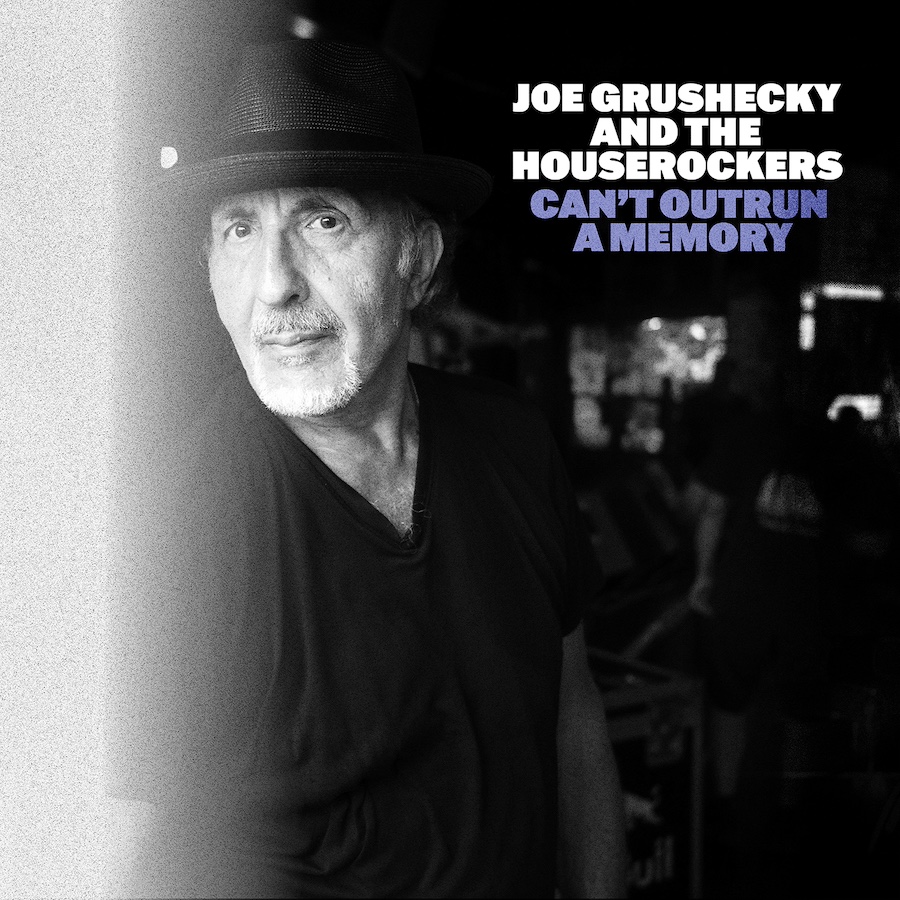
Much of the later material in this compendium features vocals that convey an urgency redolent of Graham Parker, rich instrumentation (including some killer guitar bits), and catchy melodies. Highlights on the album – which credits such luminous accompanists as Springsteen, Steve Van Zandt, Mick Ronson, and Steve Cropper – include “I’m Not Sleeping,” one of three numbers co-written with Springsteen; “Fingerprints,” which Grushecky says is about “all the people who left their imprint on me”; and “East Carson Street,” a ballad that he calls “my love letter to the city of Pittsburgh.”
The forthcoming Can’t Outrun a Memory is as strong as anything in the anthology. The CD showcases 12 Grushecky originals (four of which appear in two versions), plus a high-octane cover of Barry Mann and Cynthia Weil’s “We Gotta Get Out of This Place,” the song that produced a 1965 hit for the Animals. In addition to the sort of heartland rockers that have long been associated with Grushecky, the album includes a midtempo number called “Just Drive” that lyrically recalls Springsteen’s “Stolen Car”; “Here in ’68,” which references Bobby Kennedy’s assassination and the Vietnam War, as well as the Beatles, Frankie Lymon, and Jimi Hendrix; and “Let’s Cross the Bridge,” a well-sung, organ-spiced ballad with gospel overtones.
Fresh Interpretations of Rolling Stones Classics
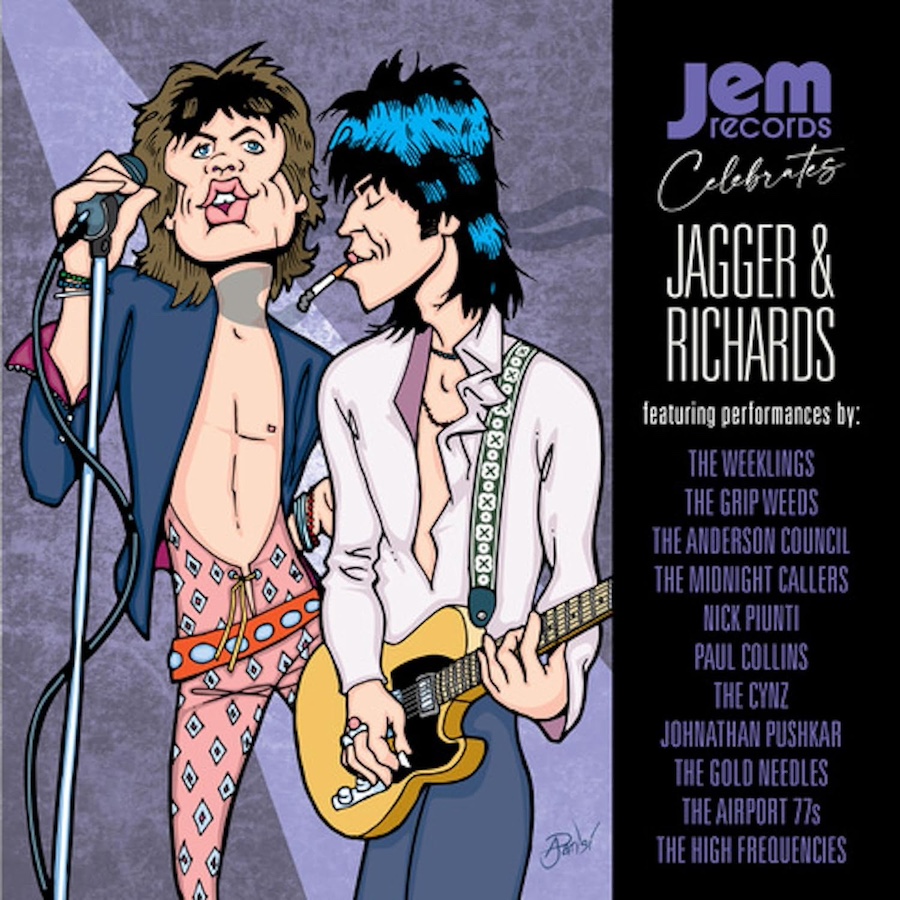
Jem Records Celebrates Jagger & Richards, which features a dozen covers of songs by the Rolling Stones’ Mick Jagger and Keith Richards, is the fifth in a series of tribute albums featuring artists from a New Jersey–based label. (Previous releases have saluted John Lennon, Brian Wilson, Pete Townshend, and Ray Davies.)
The program, which focuses on the Stones’ classic early catalog, mixes a few deep cuts with famous numbers, such as “Let’s Spend the Night Together” (performed by the Gold Needles), “You Can’t Always Get What You Want” (the High Frequencies), “Ruby Tuesday” (Nick Piunti), and “Jumpin’ Jack Flash” (The Midnight Callers). The Grip Weeds, known primarily for their Beatles interpretations, serve up “Dandelion,” a great 1967 Stones single, as well as a trippy version of its flip side, the equally memorable “We Love You.” The power-pop group the Anderson Council delivers “Citadel,” from the underrated Their Satanic Majesties Request, and “Connection,” from Between the Buttons. Paul Collins, who recently released an excellent solo album, turns 1964’s “Tell Me” into first-rate power pop.
One measure of a cover version’s success is whether it adds something fresh, and many of these tracks do just that. Even the few renditions that mostly just ape the excellent originals sound pretty darn good, however.
Also Noteworthy
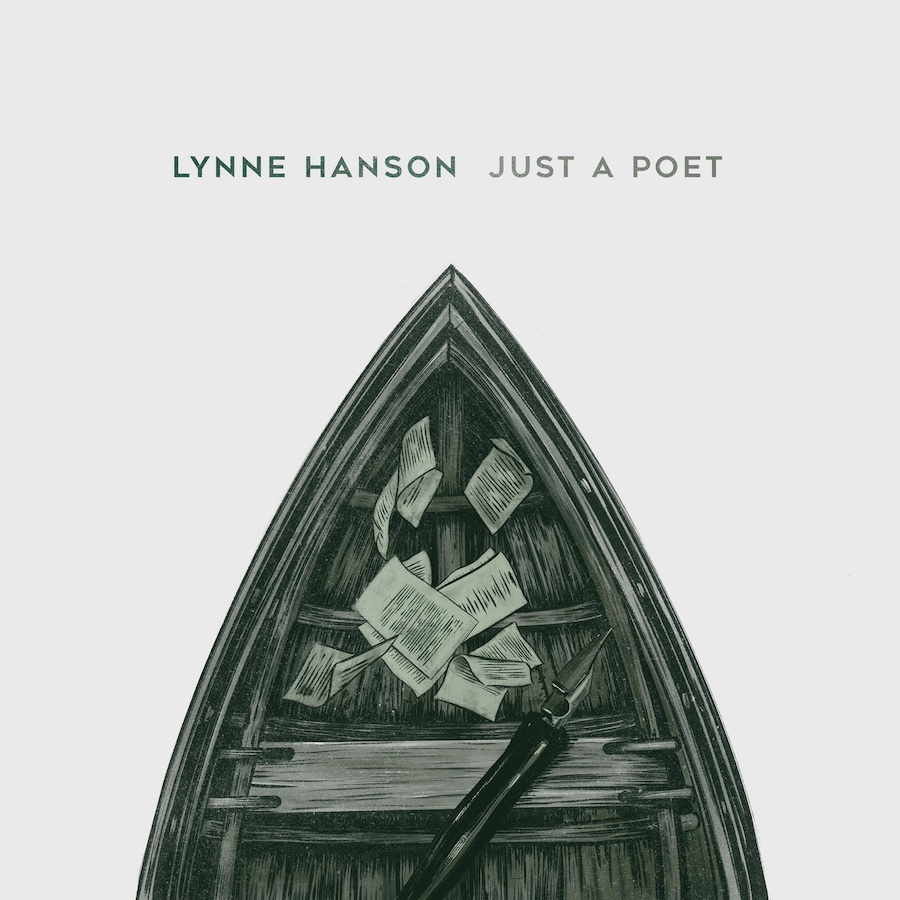
Lynne Hanson, Just a Poet. This is the 10th studio album from Ottawa, Canada–based singer/songwriter Lynne Hanson, and her first since 2022’s excellent Ice Cream in November. Producer Jim Bryson, who plays multiple instruments on the album, wisely keeps Hanson’s distinctive alto prominent in the mix. The music is rooted in folk but also embraces elements of jazz, pop, R&B, country, and blues.
Hanson, who has published two books of poetry, wrote or co-wrote all the image-rich material, which includes several songs – among them the melodious “Can’t Let Go” – that describe romantic breakups. Another winner is the melancholy, beautifully sung title cut, which begins, “Just a poet lost for words, springtime without the birds, adrift at sea with just a single oar.”
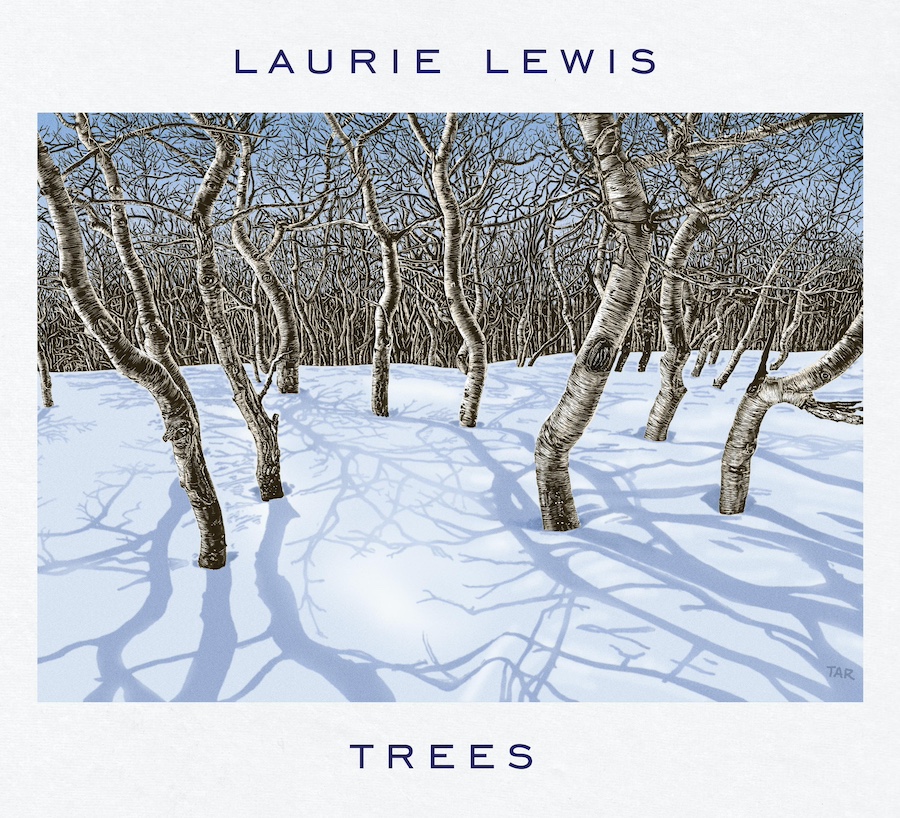
Laurie Lewis, Trees. Longtime folk and bluegrass artist Laurie Lewis has never sounded better than on this consistently fine acoustic outing, which features six original compositions, a co-write with fiddler Brandon Godman, and beautifully arranged covers of songs from the likes of Tom T. Hall, Bill Morrisey, John Hartford, and Kate MacLeod.
One of the album’s many highlights is “Why’d You Have to Break My Heart?,” an affecting self-penned tribute to John Prine. Others include the sprightly, fiddle-spiced “Just a Little Ways Down the Road” and Hartford’s sparkling “Down on the Levee.” Then there’s the title cut, the latest love letter to trees by Lewis, who has pictured them on several album covers and named her record label Spruce and Maple.
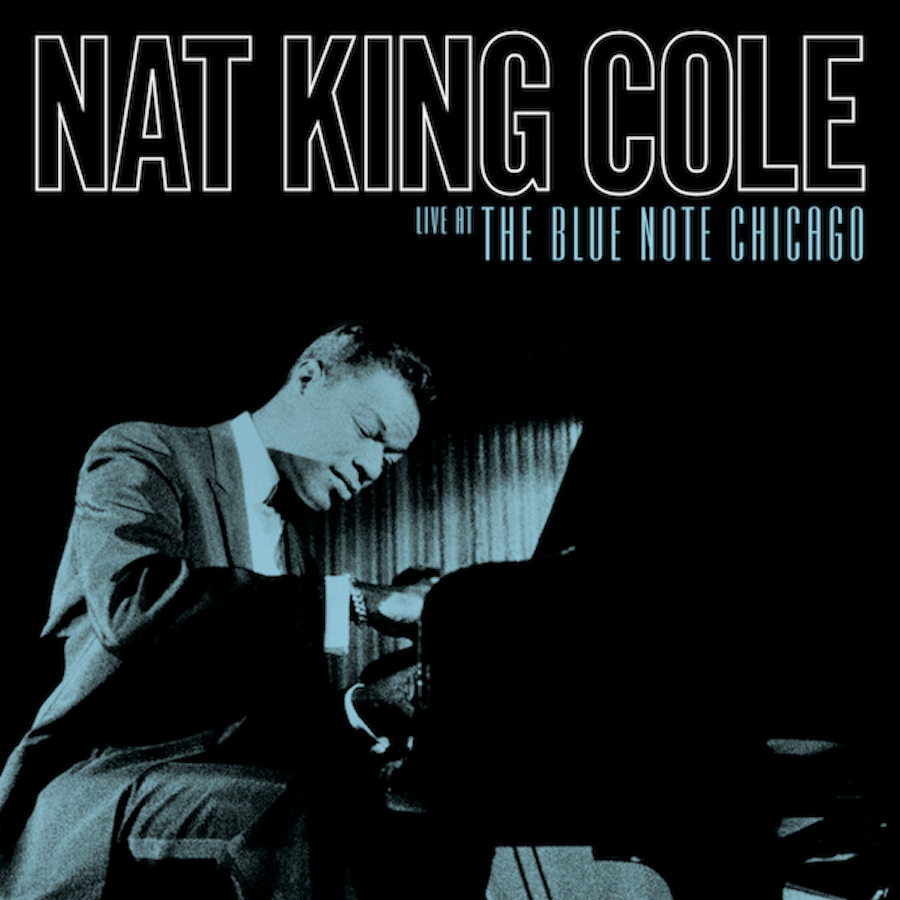
Nat King Cole, Live at the Blue Note Chicago. As noted last year in a review of Nat King Cole’s From the Capitol Vaults, Vol. 1 and 2, previously unreleased recordings of his are continuing to appear more than half a century after his death in 1965 at age 45. The latest ones to surface are in this two-CD set, which draws its material from a weeklong August 1953 concert series at Chicago’s Blue Note Club. Though sound technology was relatively primitive back then, the audio has been restored to the point where this could be mistaken for a recent recording.
Accompanying himself on piano and featuring John Collins on guitar, Charlie Harris on bass, and Lee Young on drums – the same trio that joined Cole on 1957’s classic After Midnight album – the velvety-voiced singer runs through an excellent 25-song program. The record, which comes with copious liner notes, is dominated by love songs, many of which are Great American Songbook standards. On the setlist are some of Cole’s biggest early hits, including the chart-topping, “Nature Boy” and “Too Young,” as well as “Unforgettable,” “It’s Only a Paper Moon,” “Route 66,” “Walkin’ My Baby Back Home,” and “Mona Lisa.”
Jeff Burger’s website, byjeffburger.com, contains five decades’ worth of music reviews, interviews, and commentary. His books include Dylan on Dylan: Interviews and Encounters, Lennon on Lennon: Conversations with John Lennon, Leonard Cohen on Leonard Cohen: Interviews and Encounters, and Springsteen on Springsteen: Interviews, Speeches, and Encounters.



